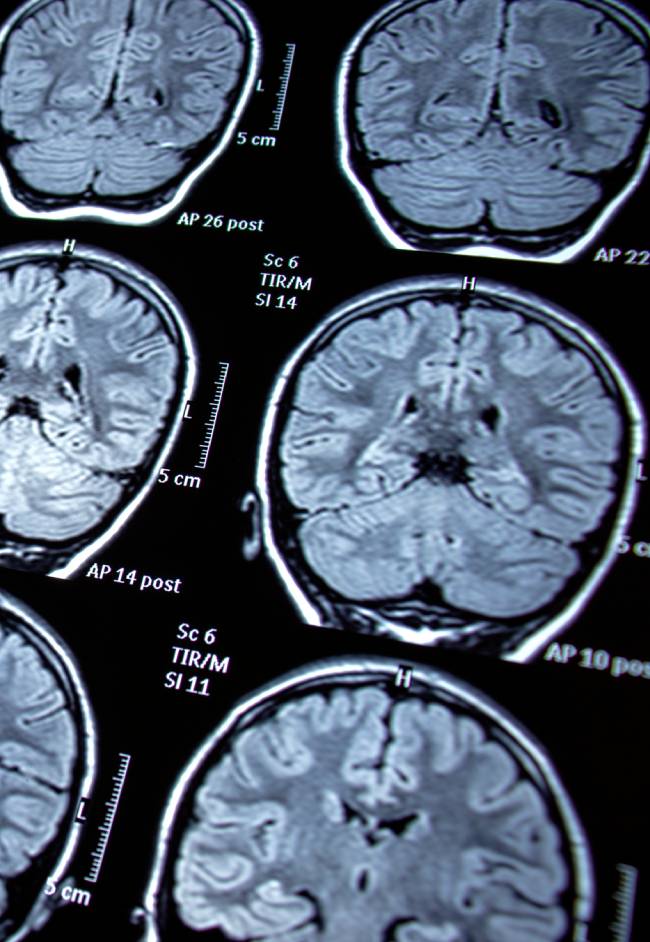Seizure Disorders & Epilepsy

Seizure disorders, including epilepsy, occur when abnormal electrical activity in the brain causes sudden, uncontrolled episodes of altered behavior, sensation, or consciousness. Causes can include brain injury, stroke, infection, genetic factors, or structural abnormalities. For some patients, symptoms may be present from a young age. Others may only begin experiencing symptoms later in life (e.g., following a stroke).
Treatment Options
Diagnosis involves a detailed history, neurological examination, EEG testing, and brain imaging to identify underlying causes. Treatment often begins with anti-seizure medications, but some patients may benefit from surgical intervention, such as removing seizure-causing brain tissue or implanting a neurostimulator. Generally, we start with more conservative measures and only recommend surgery if these treatments do not provide improvements.
